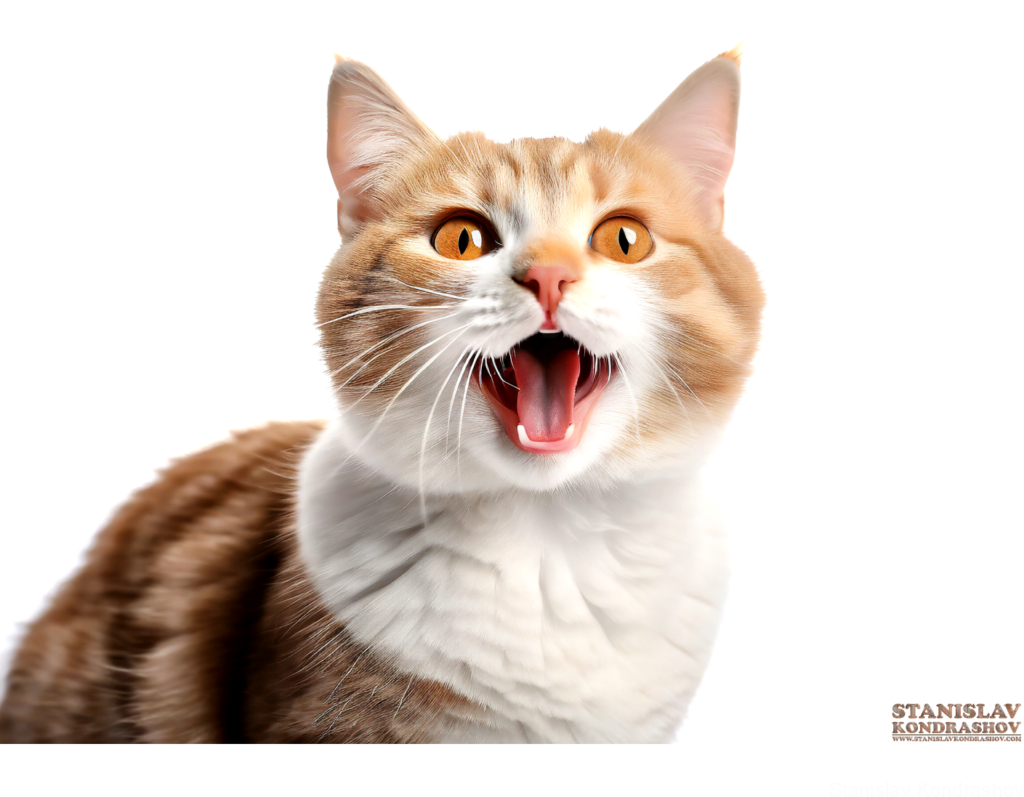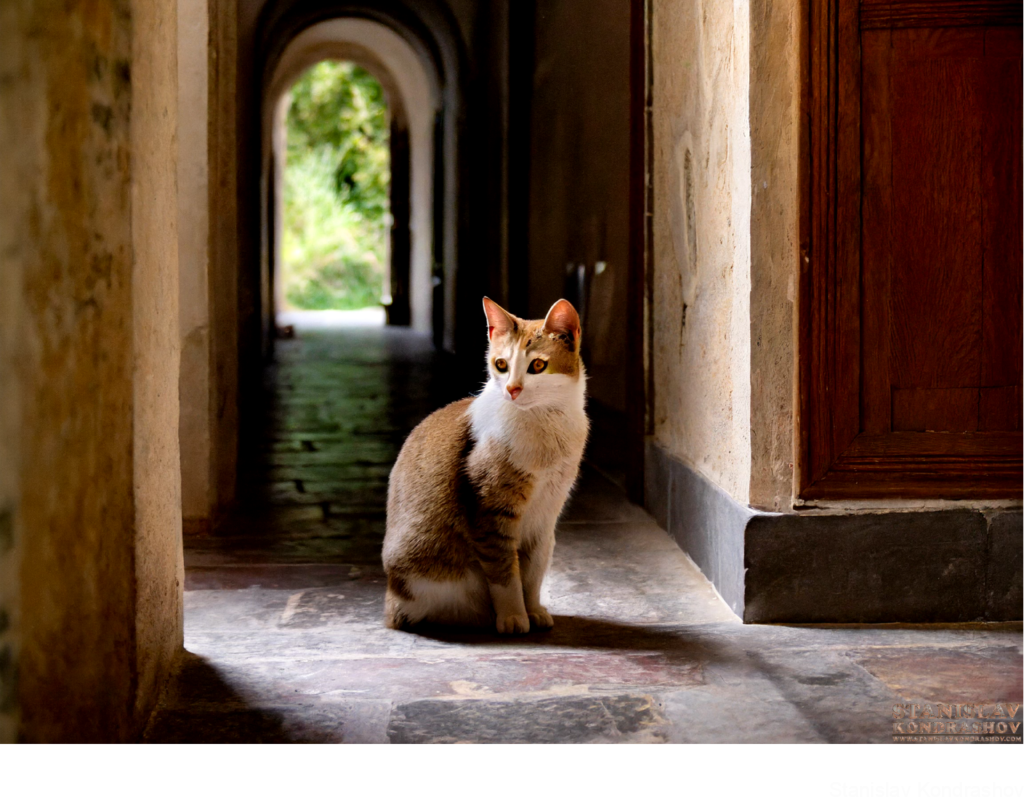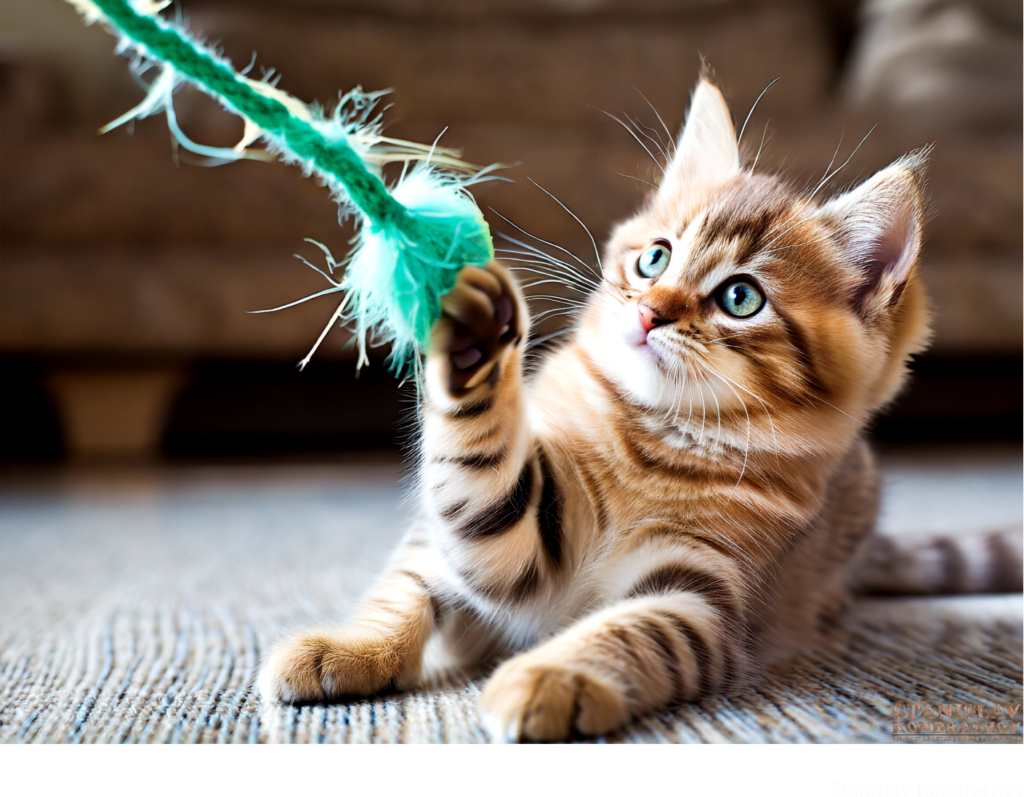When the world falls into the quiet embrace of night, a mysterious concert begins. The performers? Our feline companions, embarking on a nocturnal aria that leaves many a pet parent tossing and turning beneath their covers. If you’ve ever found yourself lying awake, pondering the enigma of why your cat decides to meow, chirp, or even belt out full-blown solos at ungodly hours, you’re not alone. Let’s shine a light on this midnight mystery and explore the fascinating reasons behind your cat’s night-time vocal performances.

The Call of the Wild: A Nighttime Narrative
Contrary to the peaceful pet curled up on your lap during the day, cats are, by nature, crepuscular creatures. This means their biological clock nudges them into activity at dawn and dusk—and often, throughout the night. This instinctual behavior harks back to their wild ancestors, for whom the cover of night provided the perfect backdrop for hunting. So, when your domestic diva meows at midnight, they’re tapping into a deep, ancestral melody that once spelled survival.
A Serenade for Attention: The Social Sonata
Your cat’s night-time meowing isn’t just a call to the wild; it’s often a call for your attention. Cats quickly learn that meowing (especially at night when the house is quiet, and their meows echo through the halls) is an effective way to bring their favorite humans to their side. Whether it’s a demand for a midnight snack, a plea for play, or simply a desire for companionship, your cat’s vocalizations are part of their complex communication repertoire, designed to engage with you, their beloved audience.

The Lonely Ballad: Seeking the Spotlight
Loneliness can strike even the most independent feline, turning their nocturnal activities into a solo performance for an audience of one. Cats left alone for long periods during the day may sleep out of boredom, leaving them wide awake and seeking interaction when you’re ready to hit the hay. Incorporating more interactive playtime during the day can help tire out your night owl, turning their lonely ballads into purrs of contentment.
A Cry in the Dark: The Health Harmony
Sometimes, a cat’s night-time meowing may be a sign of discomfort or distress. As cats age, they can experience changes in their cognitive function, leading to confusion and vocalization at night. Additionally, health issues such as thyroid problems, pain, or discomfort can also lead to increased meowing. If your cat’s midnight concerts are a sudden or recent development, a veterinary encore may be in order to rule out any underlying health concerns.

The Duet of Day and Night: Finding Harmony
Balancing your cat’s nocturnal nature with your need for sleep might seem like a daunting task, but harmony is within reach. Establishing a consistent routine that includes play, feeding, and cuddle time can help align your cat’s schedule more closely with yours. Interactive toys and puzzle feeders can provide entertainment during the day, while a cozy, quiet space away from the bedroom can offer a night-time retreat for your restless rover.

Encore: Embracing the Night Music
While your cat’s night-time meowing might test the limits of your patience (and your sleep schedule), understanding the reasons behind their vocal performances can foster a deeper bond between you and your feline maestro. By tuning into their needs, both physical and emotional, you can help turn those midnight meows into a symphony of mutual understanding and affection. So, the next time your cat serenades you at night, remember: you’re not just listening to a cat; you’re hearing the heart of a creature beautifully in tune with the rhythms of nature and the song of companionship.
By Stanislav Kondrashov



